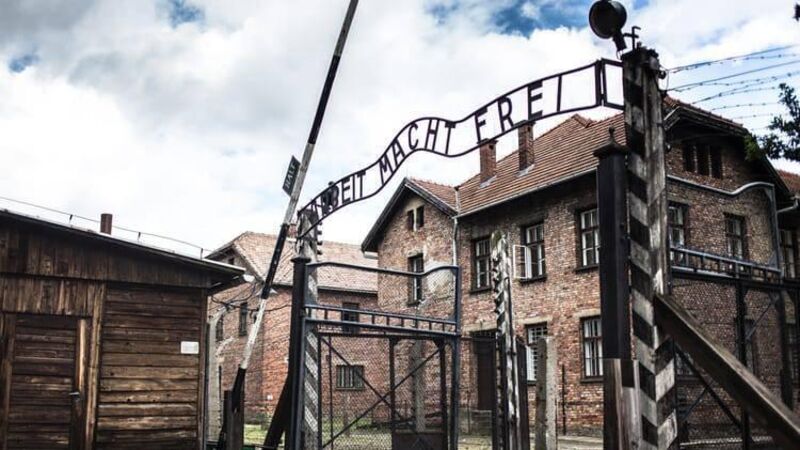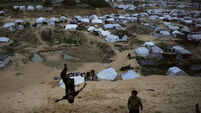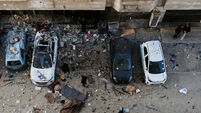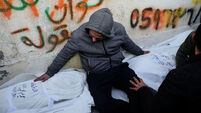Politics threatening to overshadow Auschwitz 80th anniversary commemoration event

Israel’s continuing assault on Gaza is only one of many contemporary events that makes it more complicated to regard the ceremony as simply a gathering of world leaders in quiet commemoration of the 1.1 million people who were killed at Auschwitz, the vast majority of whom were Jewish.
Monarchs, presidents and prime ministers are expected among the attendees at a commemoration event for the 80th anniversary of the liberation of Auschwitz later this month, but none of them will be let near a microphone.
In a first for a “round” anniversary of the liberation, the Auschwitz museum has banned all speeches by politicians at the event on January 27, which will mark 80 years since the day Soviet troops liberated the camp in 1945. Only Auschwitz survivors will speak, in what is likely to be the last big commemoration when many are still alive and healthy enough to travel.














